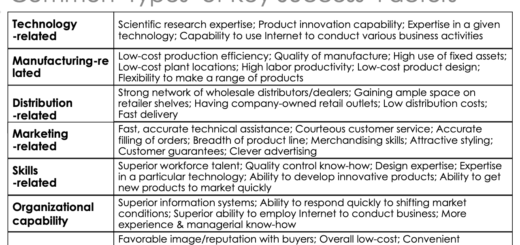Bureaucratic Management Theory
Bureaucratic management is a management theory that emphasizes the importance of strict rules, regulations, and procedures in organizational decision-making and operations. It was developed by Max Weber, a German sociologist and political economist, in the early 20th century.
The principles of bureaucratic management include:
- Division of Labor: Work should be divided into specialized tasks, with each worker responsible for performing a specific set of tasks.
- Hierarchy of Authority: There should be a clear hierarchy of authority, with decision-making power flowing from the top down and decisions made by higher-level officials having authority over those made by lower-level officials.
- Formal Rules and Regulations: There should be formal rules and regulations governing the behavior of workers and the operations of the organization.
- Formal System of Control: There should be a formal system of control, with decisions and actions subject to review and oversight by higher-level officials.
- Impersonal Decision-Making: Decisions should be made based on objective criteria and impersonal rules, rather than on personal relationships or subjective considerations.
The goal of bureaucratic management is to create an efficient and effective organizational structure, with clear lines of authority, standardized procedures, and strict control mechanisms. It has been widely adopted in government and public sector organizations, where the need for clear rules and procedures is particularly important.
However, bureaucratic management has also been criticized for its emphasis on rules and procedures over creativity and flexibility, and for its tendency to create a rigid and inflexible organizational structure. Critics argue that the focus on control and standardization can lead to a lack of innovation and a slow response to changing circumstances.





1 Response
[…] Bureaucratic Management: Max Weber developed the bureaucratic management theory, which emphasized the importance of a clear hierarchy, formal rules and procedures, and impersonal decision-making. […]